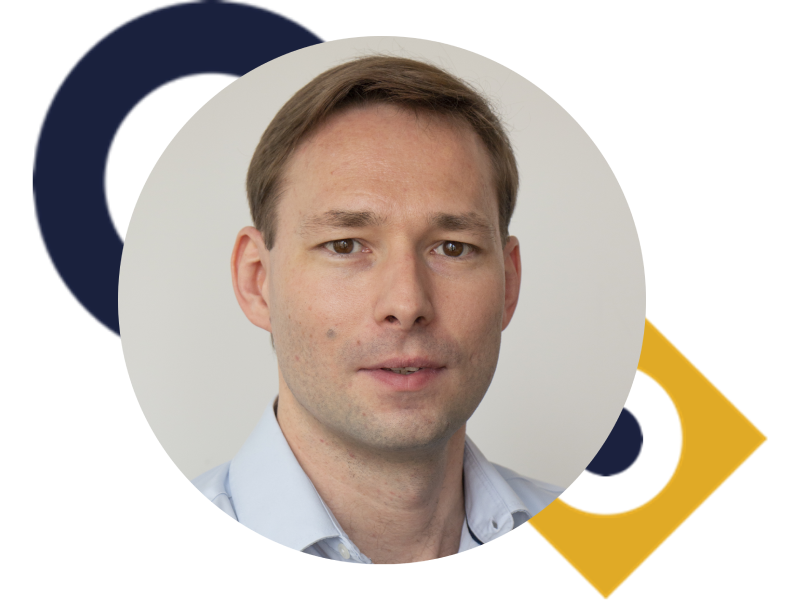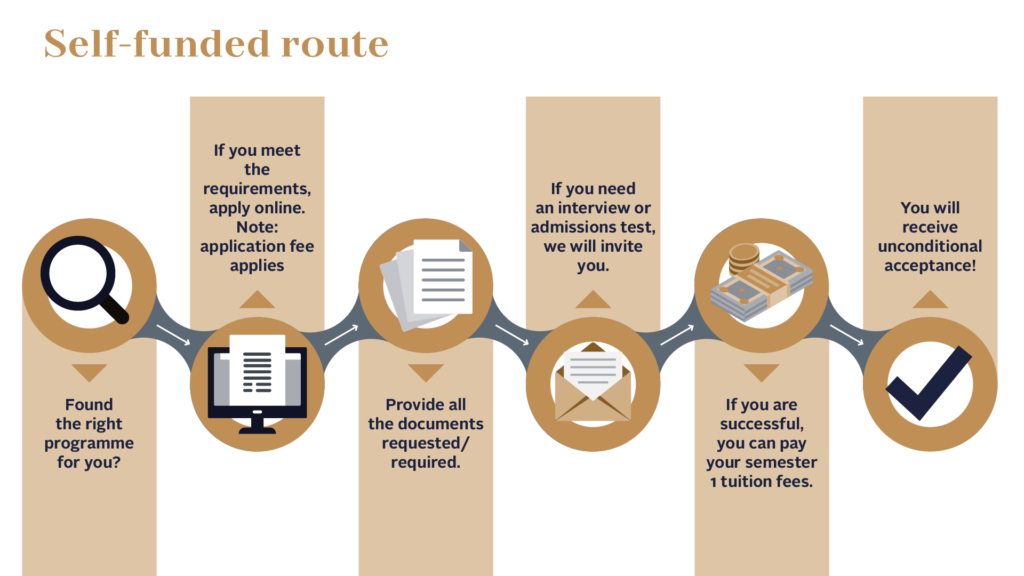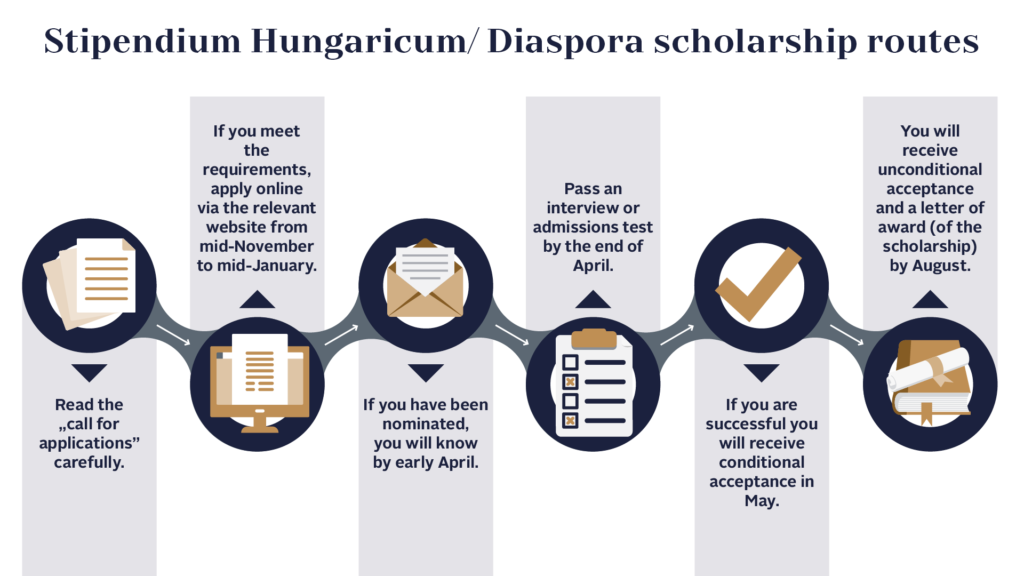Choose the knowledge of leaders!
This programme offers intellectually stimulating insights into how political and economic life interact with each other and how these two spheres jointly influence social and economic outcomes.
The programme aims to maintain a balance between theoretical and practical knowledge on the institutional stability and change of diverse political and economic systems, their role played in economic development, and their intended and unintended social, political and economic consequences.
When you graduate you will be confident in interpreting and understanding contemporary economic and political phenomena by applying the rich and varied methodological and theoretical toolkit of political economy.
You can expect to progress to work in a role like analyst, consultant or project manager – in multinational companies, consulting firms, intergovernmental organizations, international NGOs, research institutes, public administration or in the media!
What will you study?
Core Modules*
- Empirical Analytical Methods
- Historical Linkages between Economy and Politics
- State and Governance
- Political and Economic Systems and Transitions
Core Modules*
- Advanced Studies in the selected specialization (Political Economy of Central and Eastern Europe or International Political Economy
* The above is not an exhaustive list. Corvinus University of Budapest reserves the right to change modules.
Programme name: Political Economy
Programme award: Master, MA
ECTS: 120
Duration: 4 semesters (2 years)
Teaching hours: 8-12 hours/week
Internship: 8 weeks (320 hours)
Start date: September 2025
Tuition fees (EEA):
990 000 HUF/semester
cca. 2 500 EUR/semester*
Tuition fees (Non-EEA):
3 300 EUR/semester
Application Requirements
- Completed bachelor/undergraduate degree
- Meet minimum credit requirement
- For more, please click here!
For Hungarian Citizens
You can apply through felvi.hu, for more details switch to the Hungarian website.
Application Requirements
For Hungarian Citizens
You can apply through felvi.hu, for more details switch to the Hungarian website.
Credit Requirements
In Hungary, there are legal pre-requisite credit requirements to study graduate programmes.
Please make sure you meet the minimum requirements for this programme before applying.
Scholarships
Self-funded students meeting eligibility criteria may apply for Visegrad scholarships.
Corvinus University of Budapest endorses the Visegrad Scholarship programme for MA, MSc and MBA applicants from Central Eastern Europe.
The scholarship makes the outstanding possibility of international higher education at Corvinus accessible and financially viable for more students in this region and beyond!
There are three ways to apply to Corvinus as an international student

Gergő Medve-Bálint
Program Director
Associate Professor
From the Program Diector…
I hold an MA in International Studies from Corvinus and a Master’s in International Business Economics from Leuven (Belgium). Through both degrees, I realized that the exciting toolkit of political economy offers the best ground for answering the most burning contemporary social and economic issues. What is the middle-income trap? How to avoid falling into it? How is it relevant in Central and Eastern Europe? How do diverse political and economic institutional systems foster or hinder economic growth and development? Why is it challenging to reform economic systems? What intended and unintended social and economic implications may such reform attempts have?
The unique theoretical and methodological toolkit of political economy offers thorough, systemic insights and answers. I warmly recommend this programme to everyone who is seeking profound knowledge, a critical perspective and confidence in understanding the complex, interwoven worlds of political and economic life.
Specialisations
Political Economy of Central and Eastern Europe
International Political Economy
Accreditations and Rankings
#350-400 for Economics and Econometrics



Career Opportunities
Our graduates secure roles such as Political analyst, Economic analyst, Government relations, Researcher.


